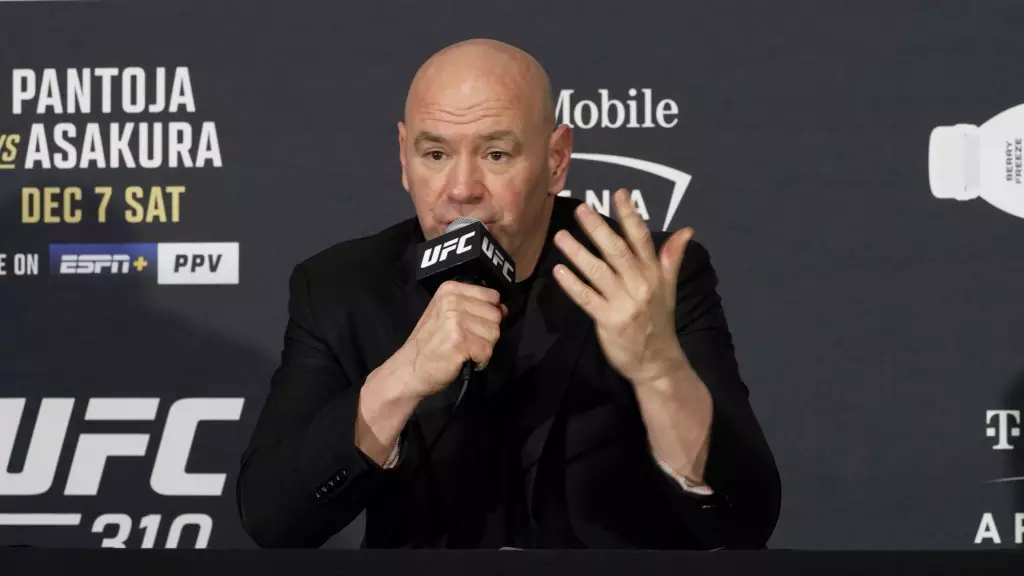The landscape of mixed martial arts (MMA), particularly within the UFC, is rapidly evolving, leading to a pressing conversation about the future of veteran fighters. Recent events have cast a spotlight on notable names such as Clay Guida, Chris Weidman, and Anthony Smith, whose performances at UFC 310 raised eyebrows and triggered discussions about retirement. As these seasoned athletes navigated the octagon in their most recent bouts, their struggles echoed a common truth in combat sports: longevity can come at a cost, and sometimes, knowing when to step away is paramount.
At UFC 310, the widely recognized Guida marked his 37th appearance in the octagon, yet he faced off against the much younger Chase Hooper and was submitted in the first round. The stark contrast in age—Guida at 43 and Hooper at merely 25—illustrates not only the physical deterioration that often accompanies age but also the limitations that experience can impose when matched with emerging talent. Guida’s submission marked his third consecutive loss, raising concerns regarding his ability to compete at a high level. Despite his place in the UFC Hall of Fame and a storied career, one must ponder whether his thrilling past is overshadowing the necessity for a graceful exit.
Similarly, Chris Weidman, a former middleweight champion, found himself on the losing end of a TKO against Eryk Anders. This match was a reminder of the relentless nature of MMA, where fighters must constantly evolve. Weidman’s trajectory highlights a grim reality: he hasn’t secured back-to-back victories since 2014-2015. With his current 3-8 record following a series of tough fights, the urgency for him to reconsider his future in the sport has never been greater. UFC CEO Dana White’s stark remarks post-event seem to encapsulate the feelings swirling around these veteran fighters: “They should all retire tonight.”
Anthony Smith, entering his bout against Dominick Reyes, confronted personal turmoil following the tragic loss of his coach. The emotional weight carried into the fight was evident, and with Smith’s subsequent second-round loss, retirement chatter punctuated the aftermath. While Smith made no immediate commitment to hang up his gloves, the shadow of uncertainty looms overhead, serving as a poignant reminder that the sport is as much about mental fortitude as it is about physical prowess.
Dana White’s comments reflect a broader sentiment within the UFC community regarding the delicate balance of age, performance, and retirement. Acknowledging that fighting requires complete and unwavering dedication, especially in the high-stakes environment of the UFC, urges current and future fighters to evaluate their careers honestly. For athletes like Guida, Weidman, and Smith, who have carved their legacies into the fabric of the sport, the decision to retire weighs heavily on their minds and hearts.
In sum, while the journey of these veteran fighters is steeped in history and accomplishments, the reality of their current standings compels them to confront tough questions about their futures. The sport evolves, and so must those who participate in it. Recognizing when to retire can be one of the hardest yet most honorable decisions a fighter can make. The legacy of a combat sports athlete is not only defined by their victories but also by their ability to walk away at the right time.

